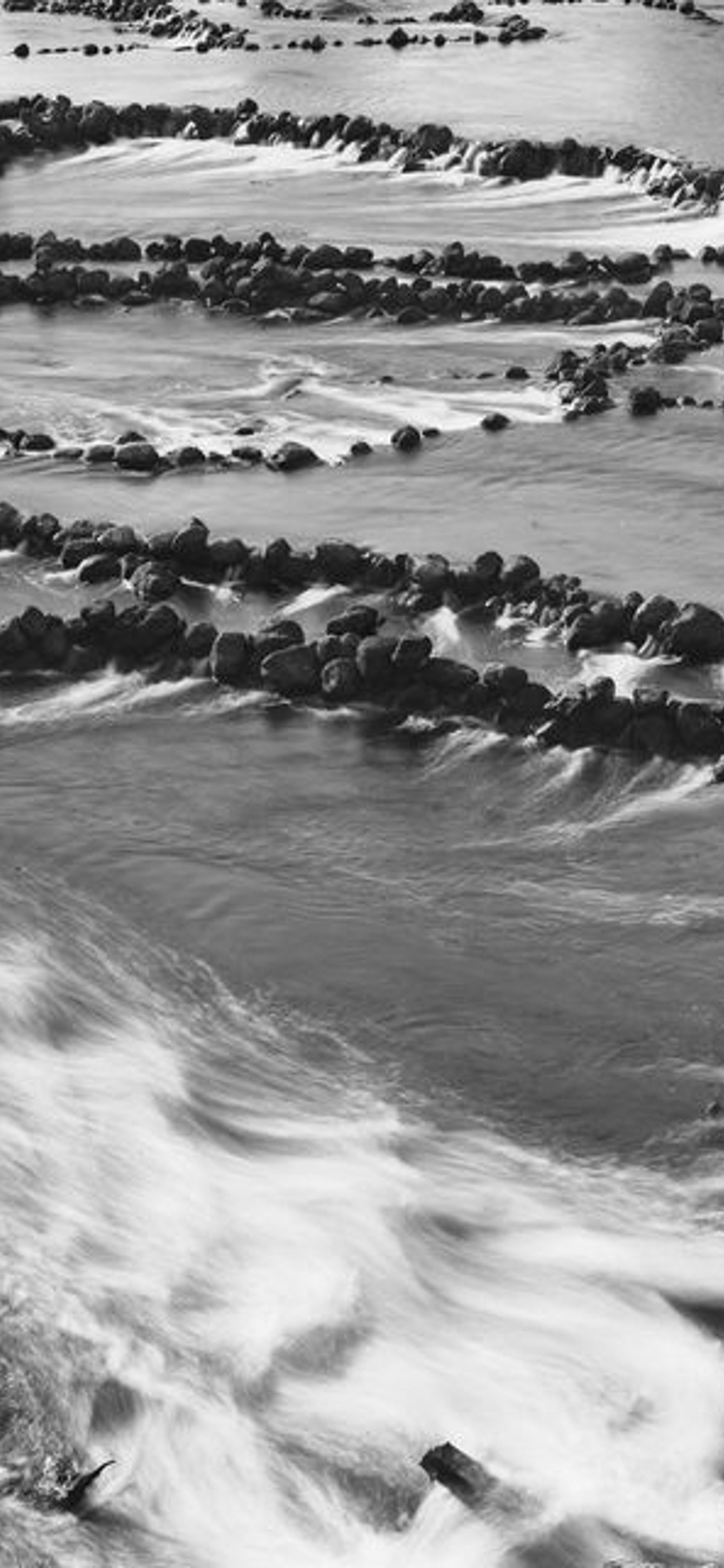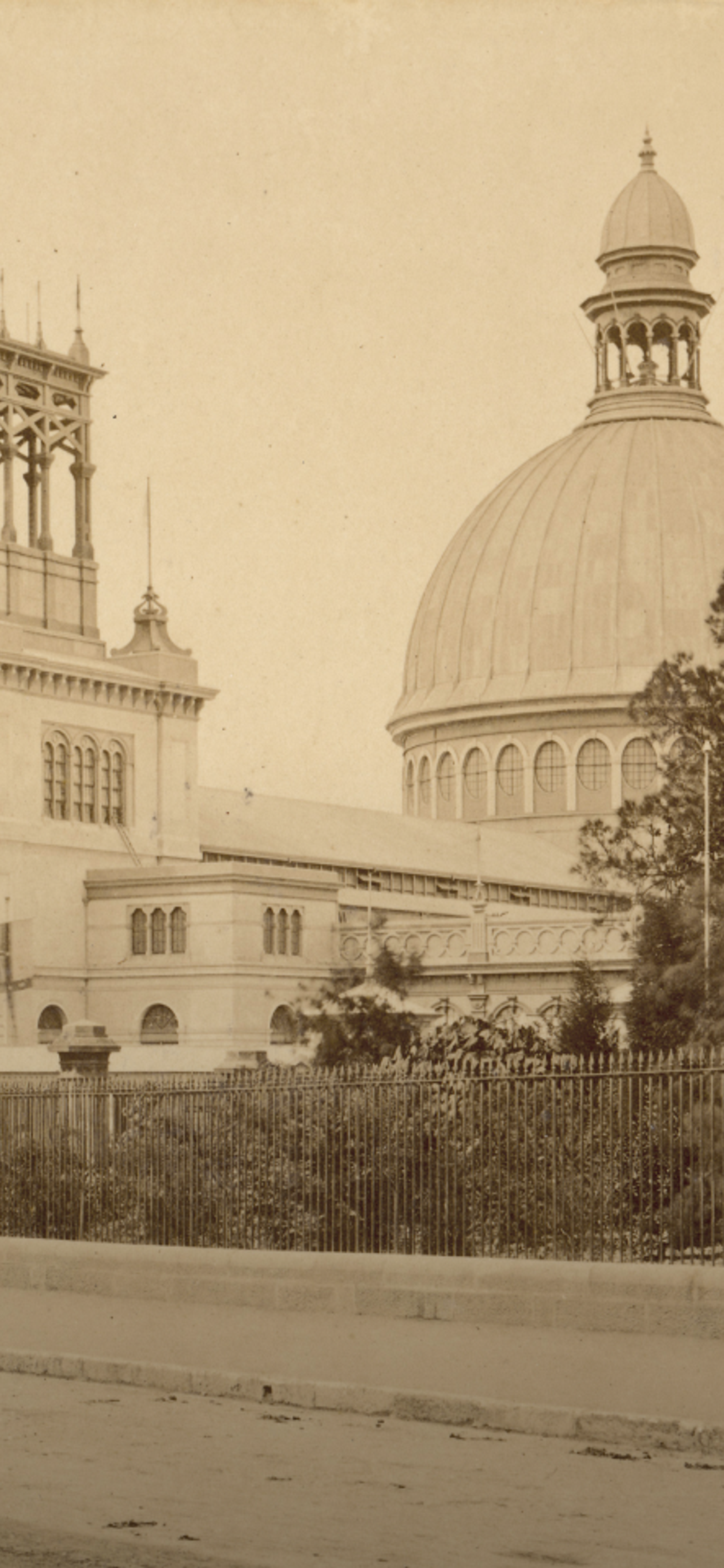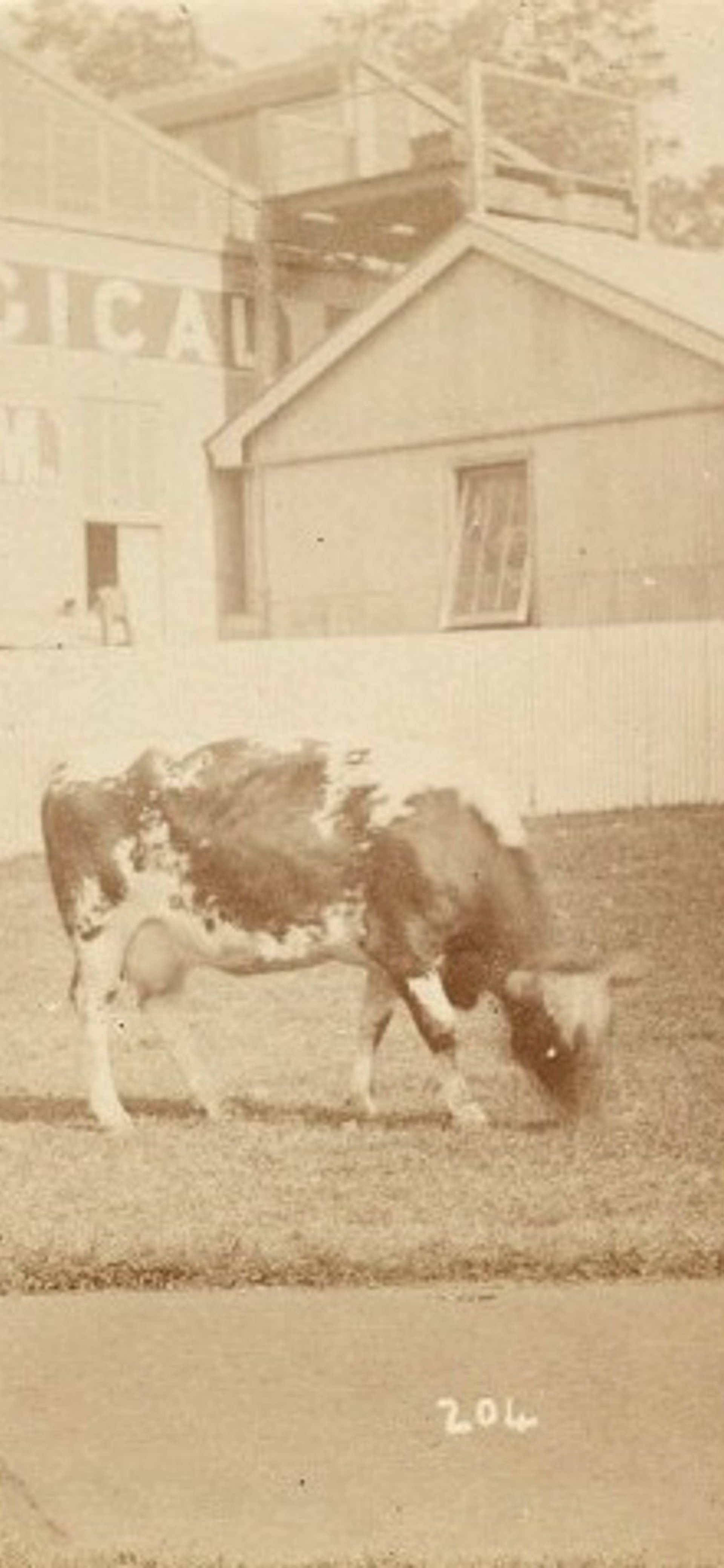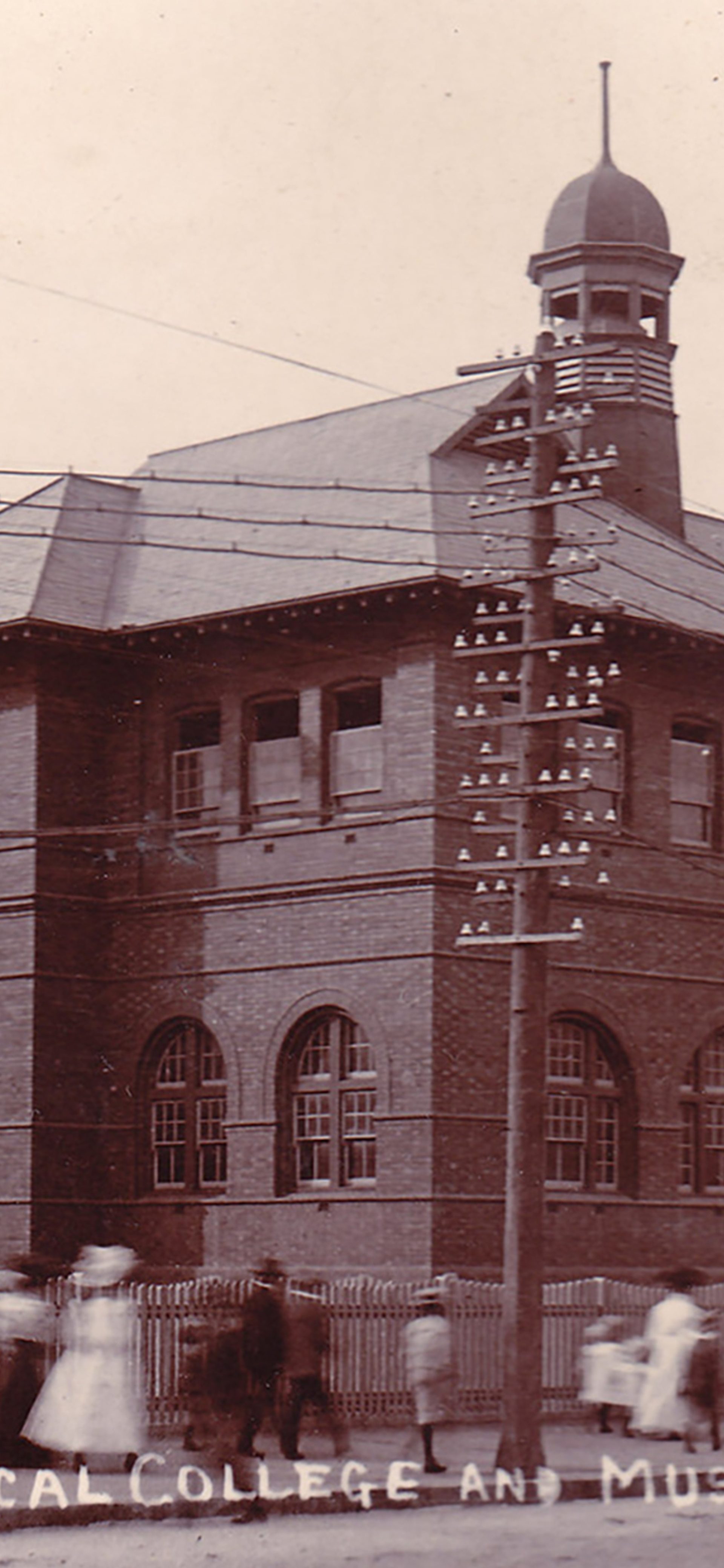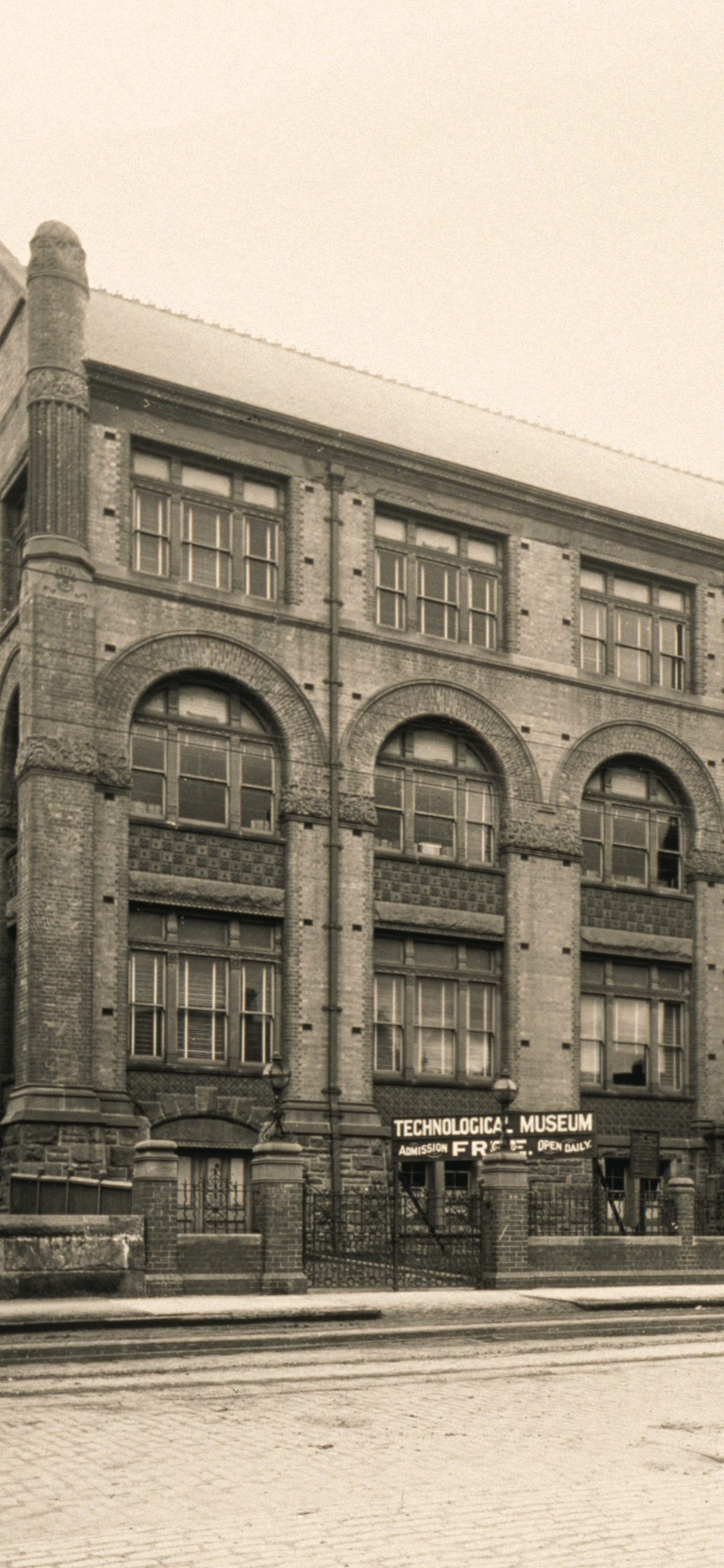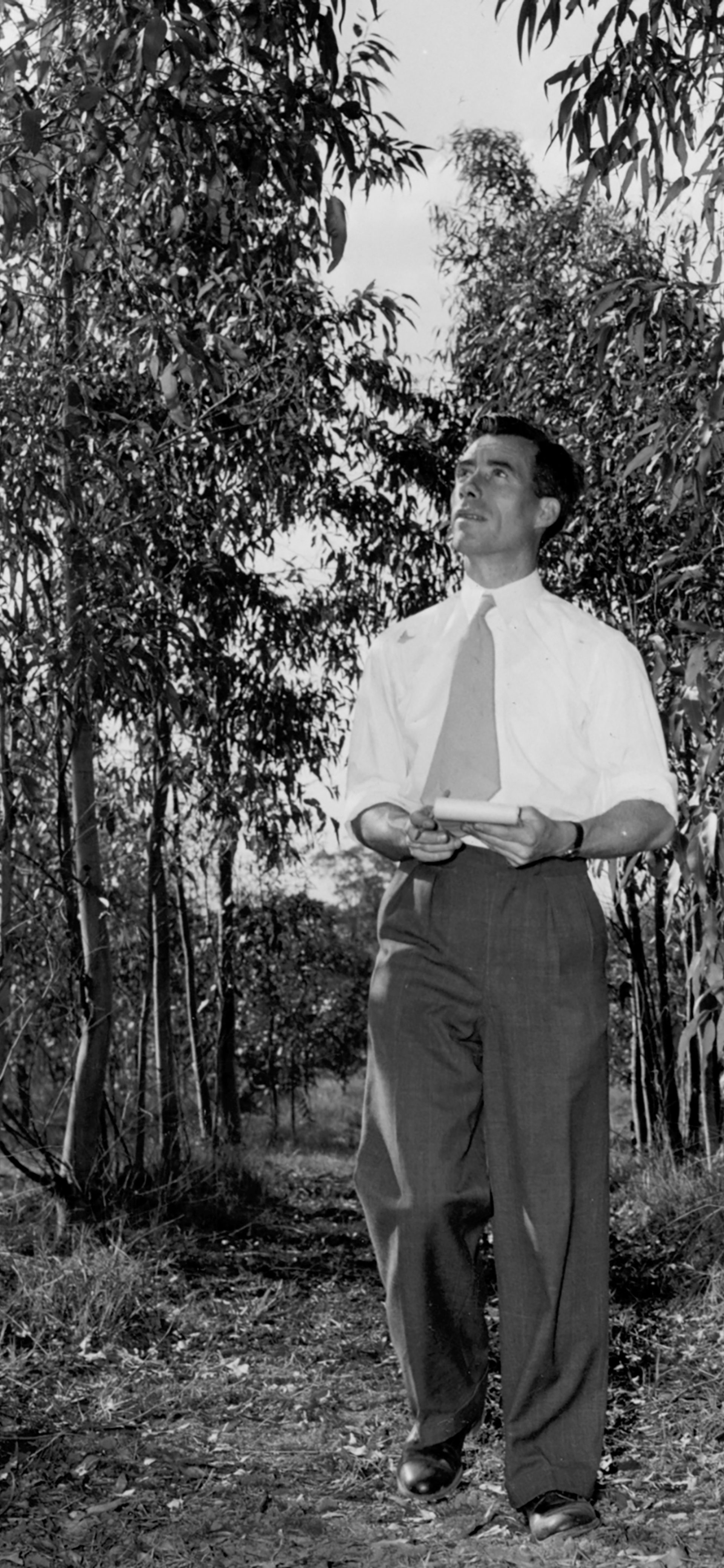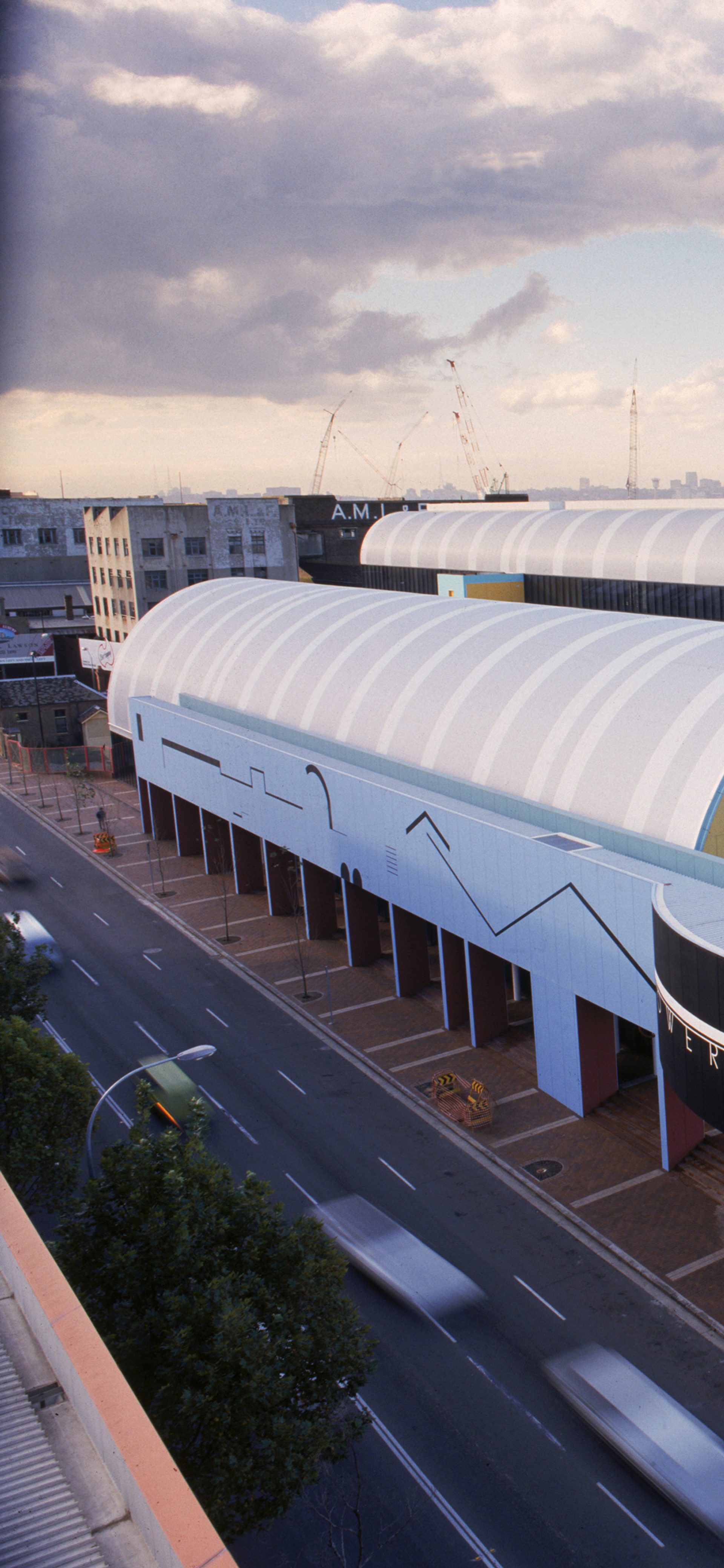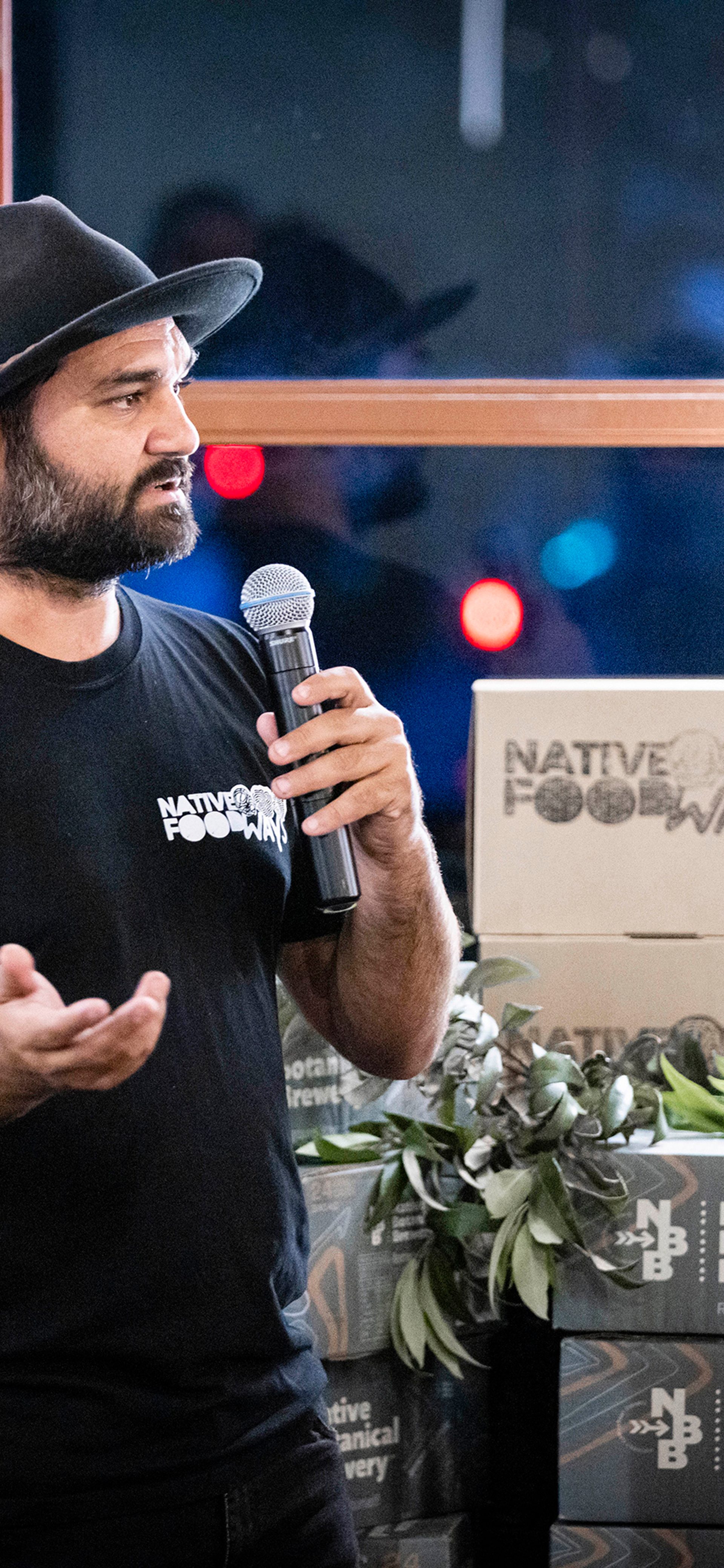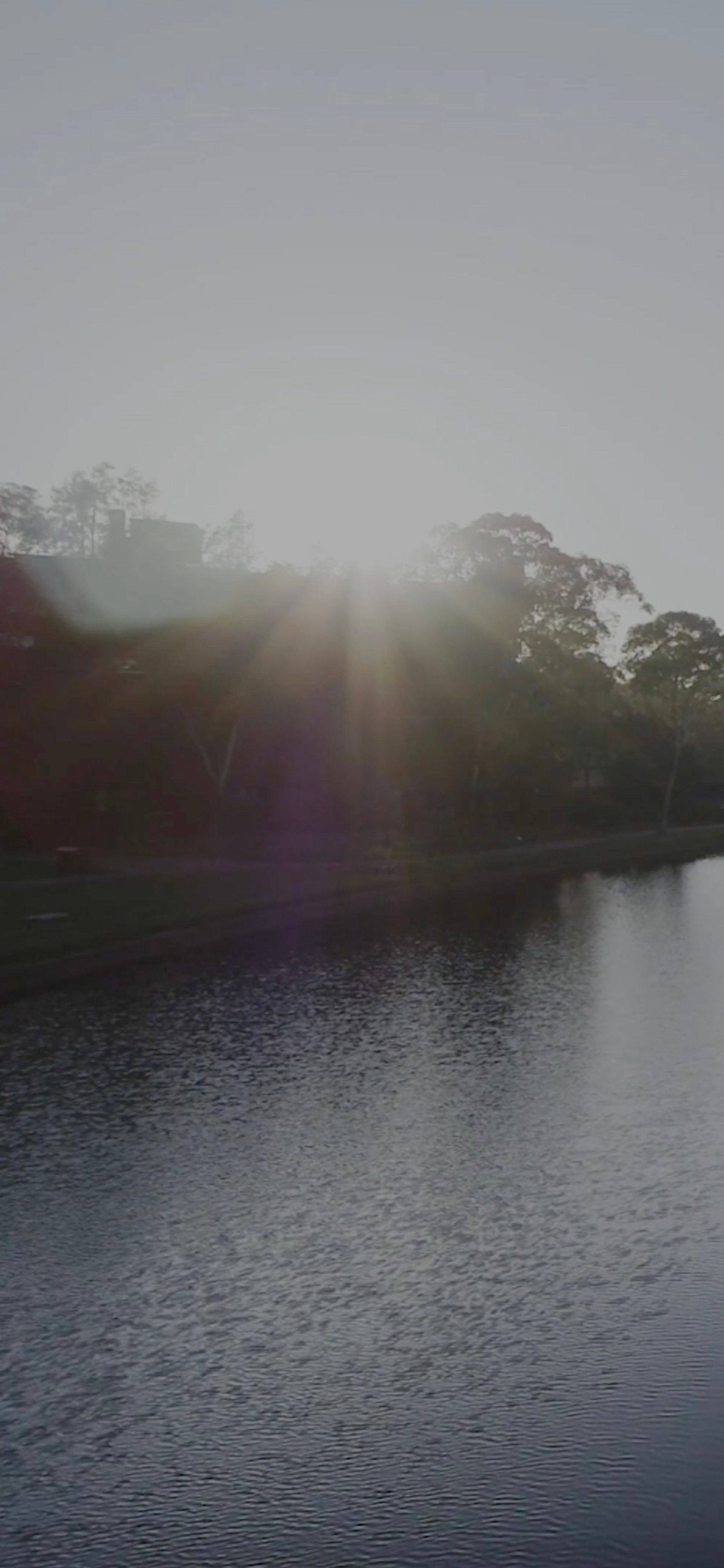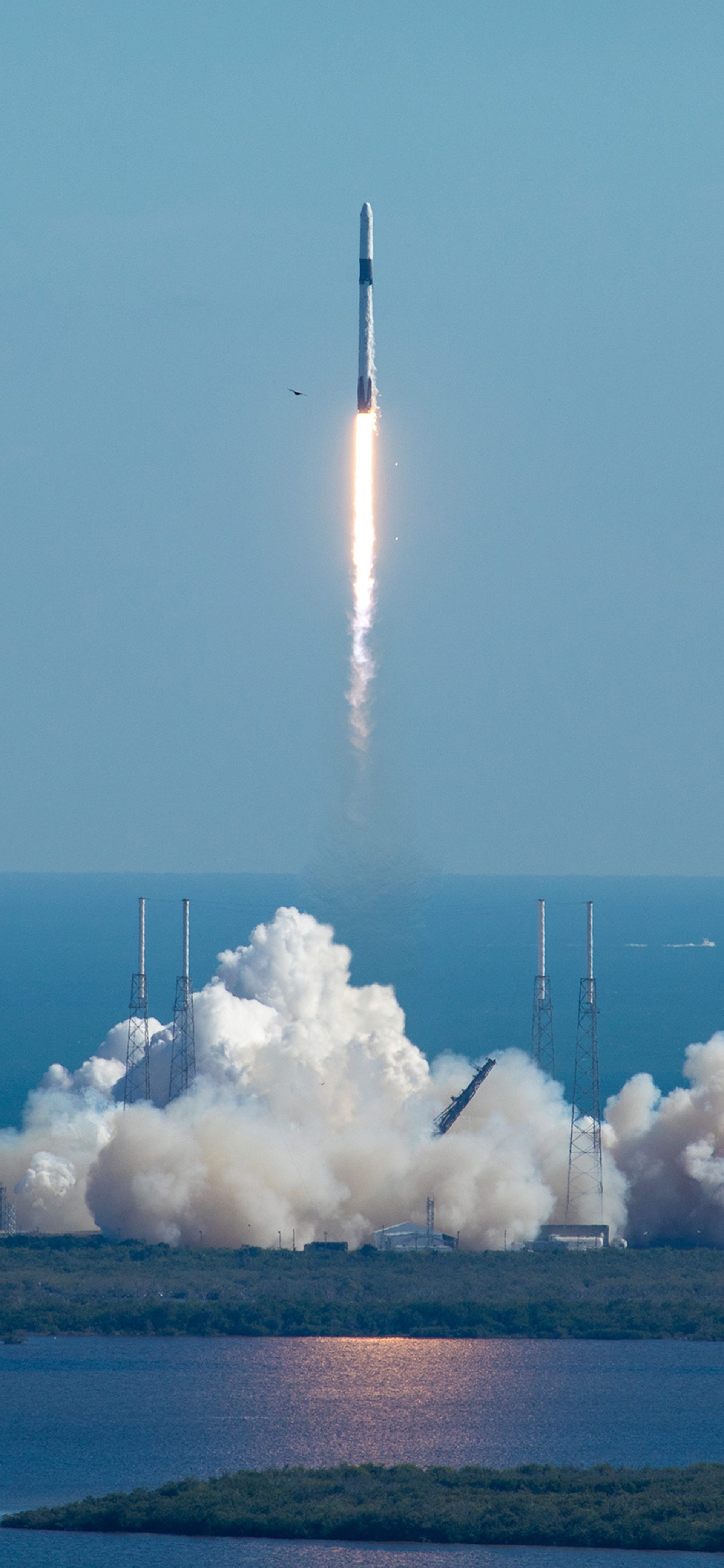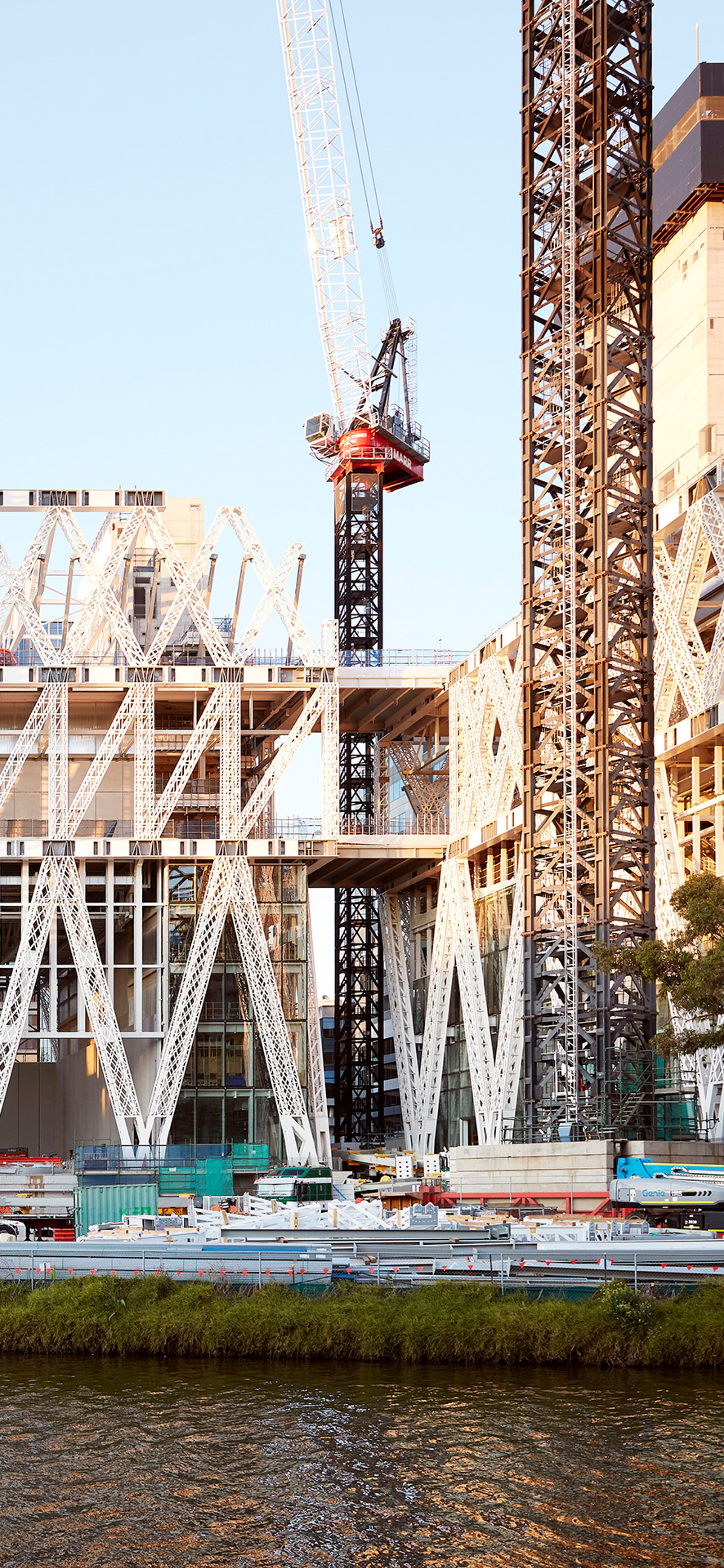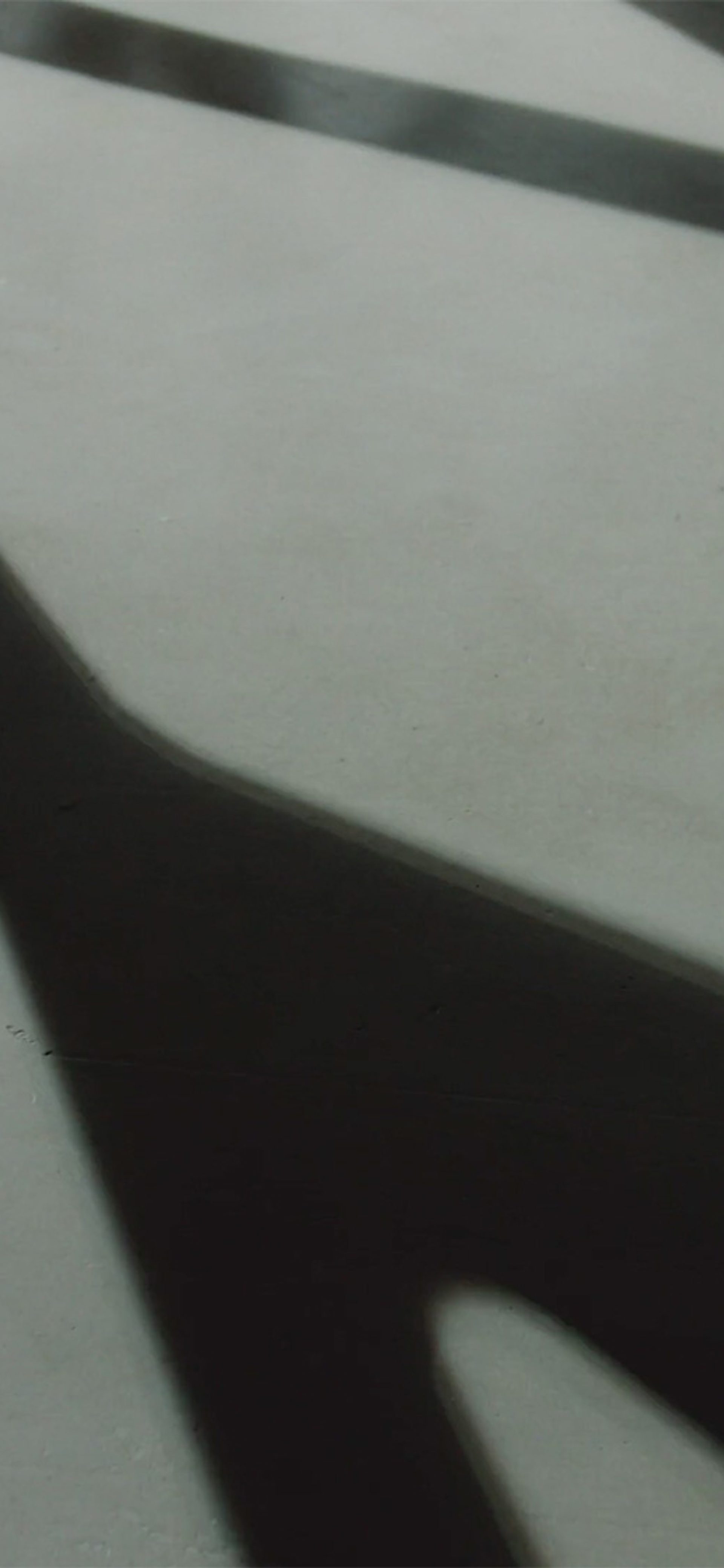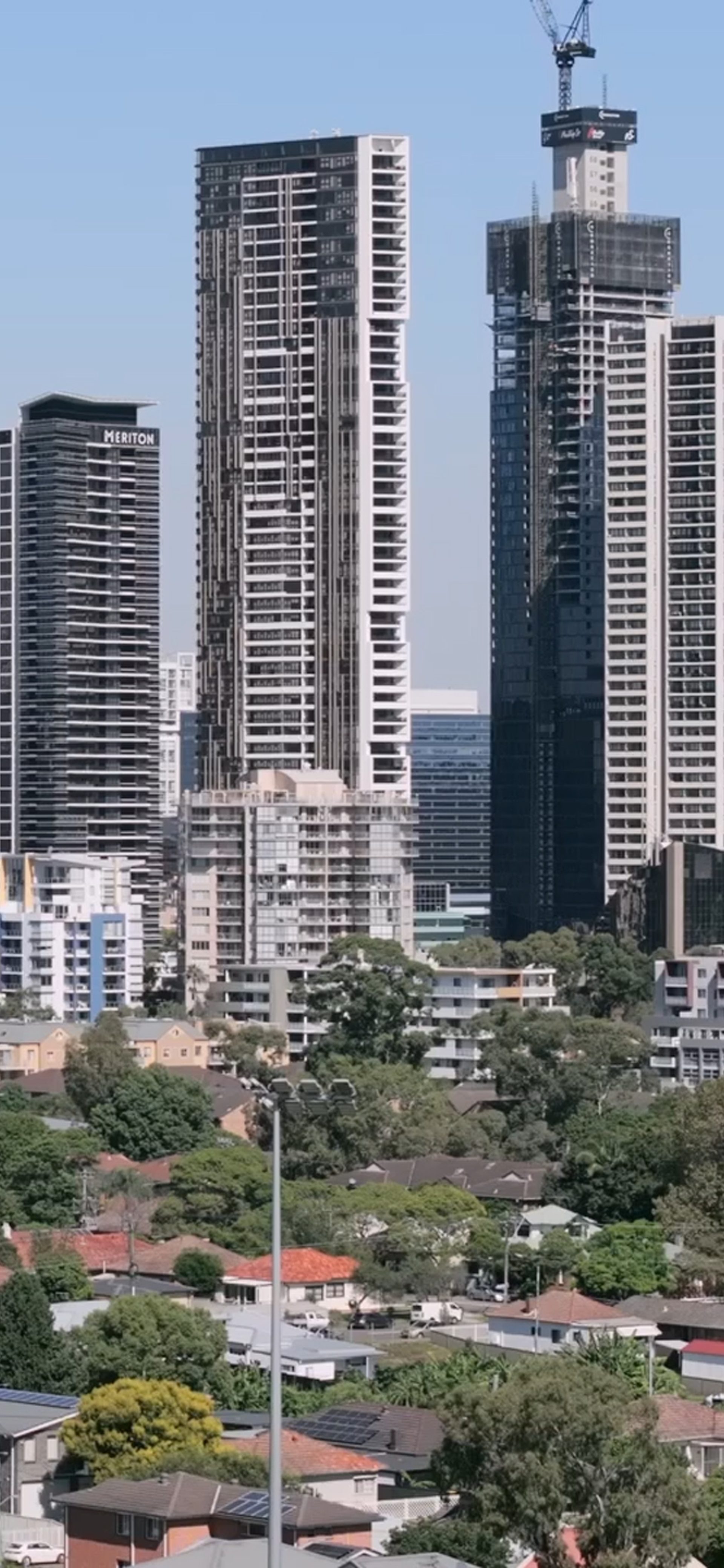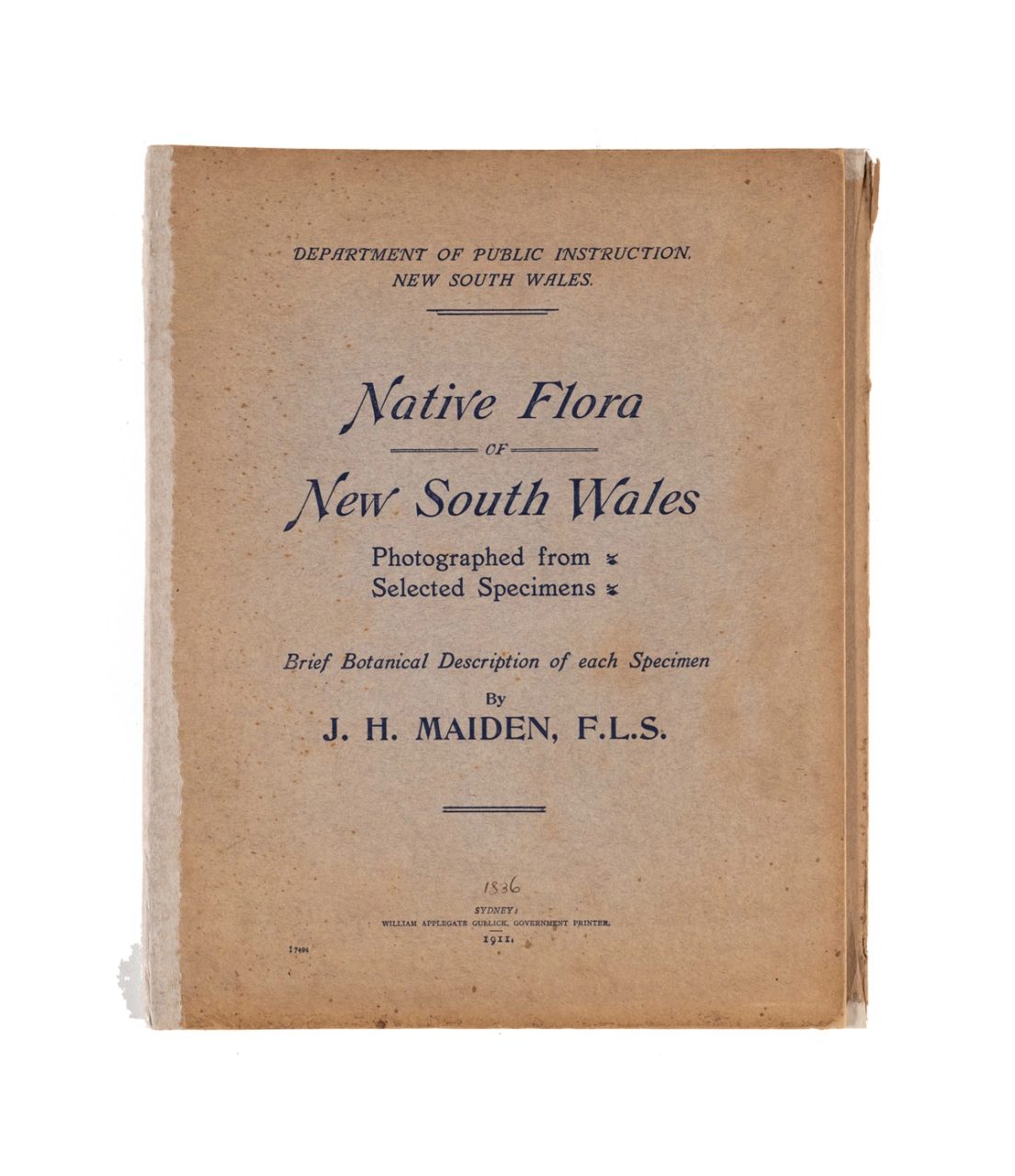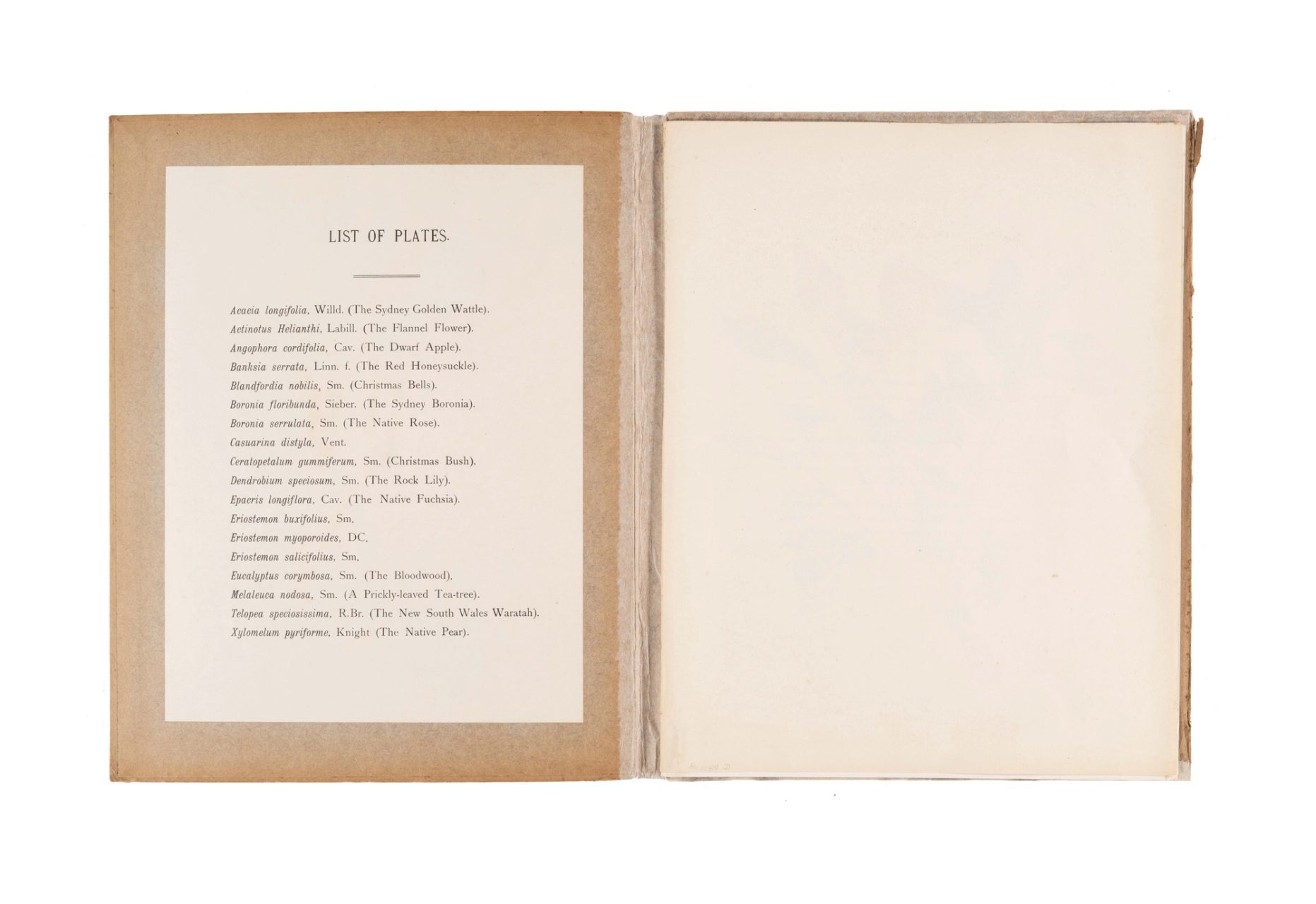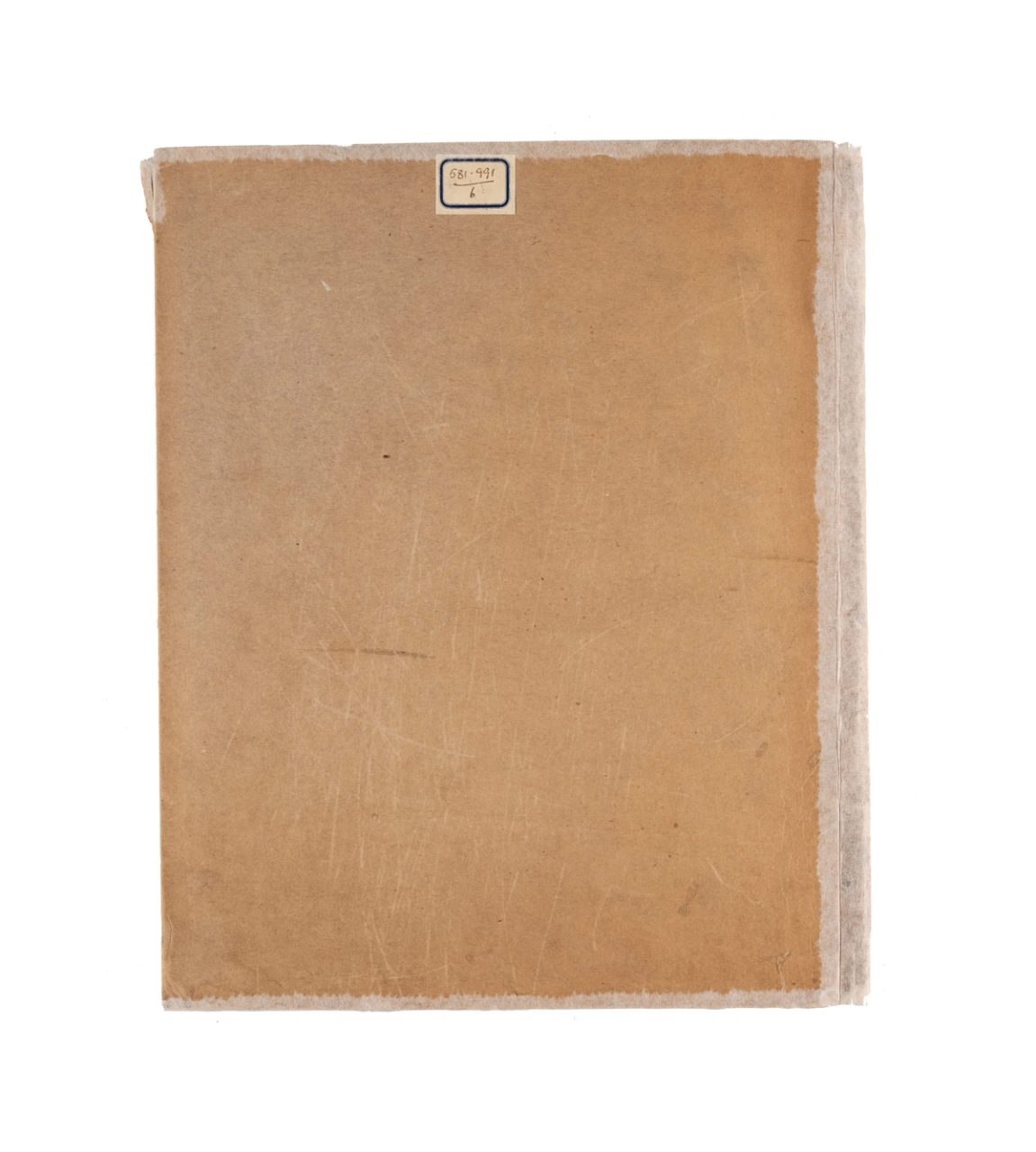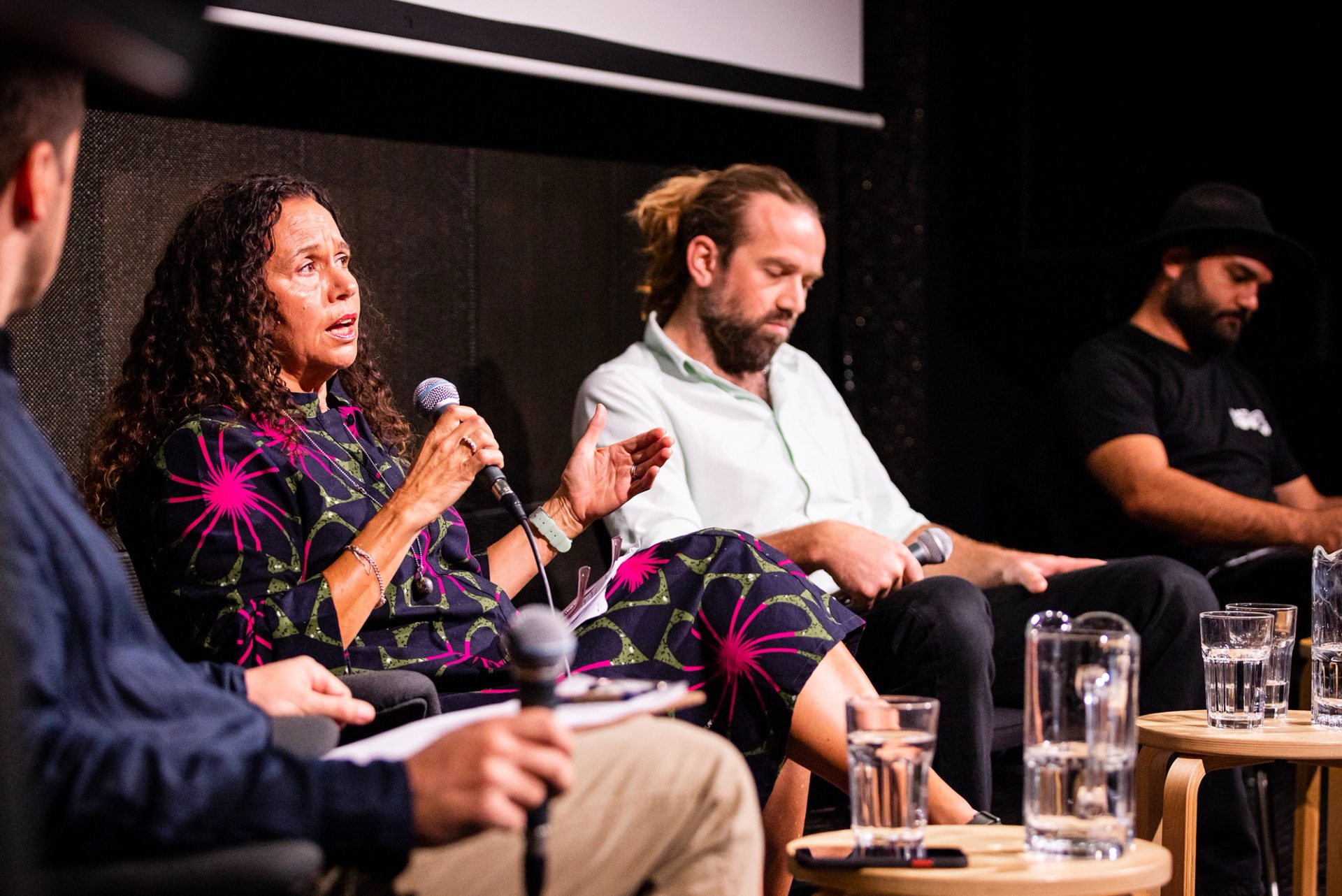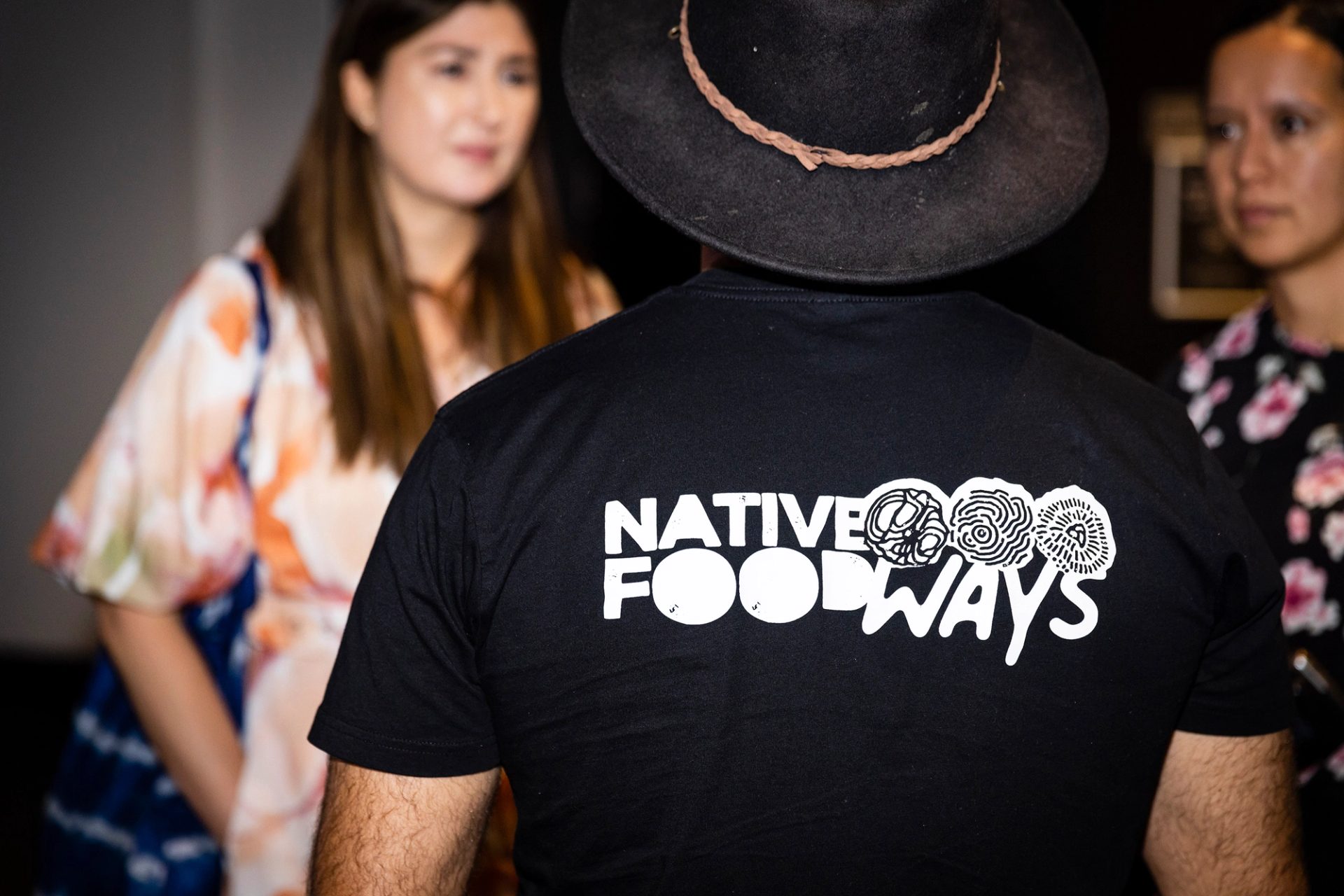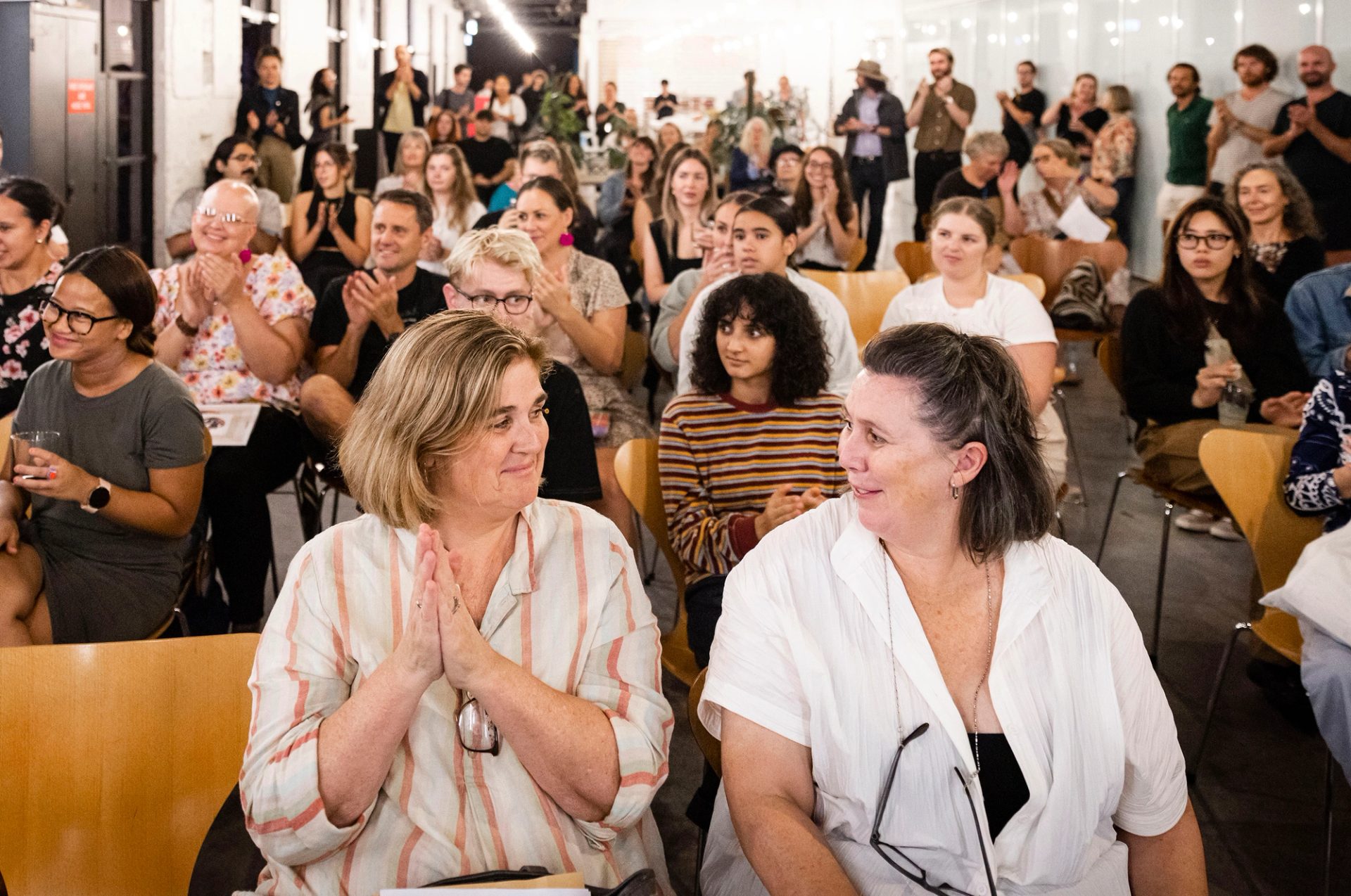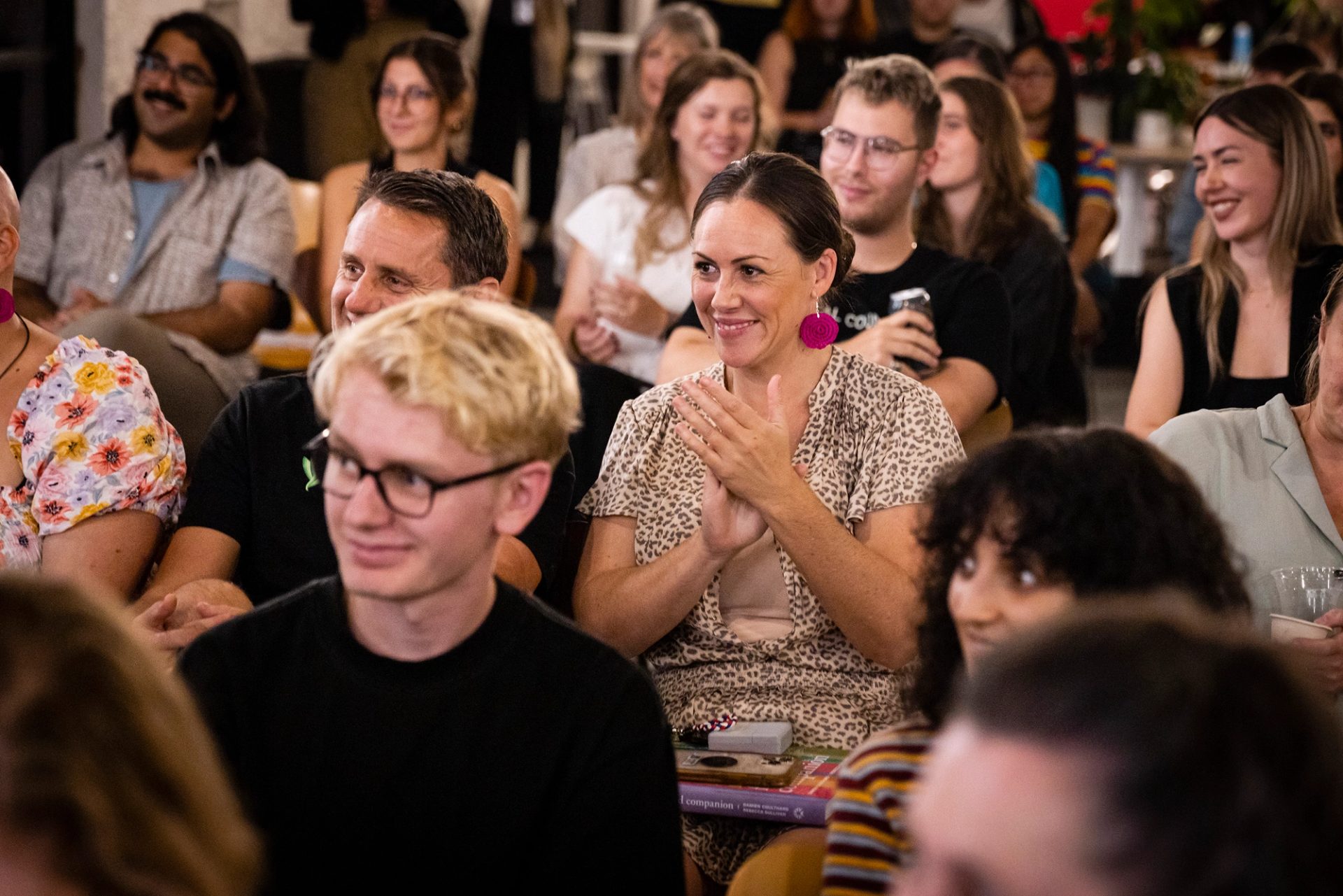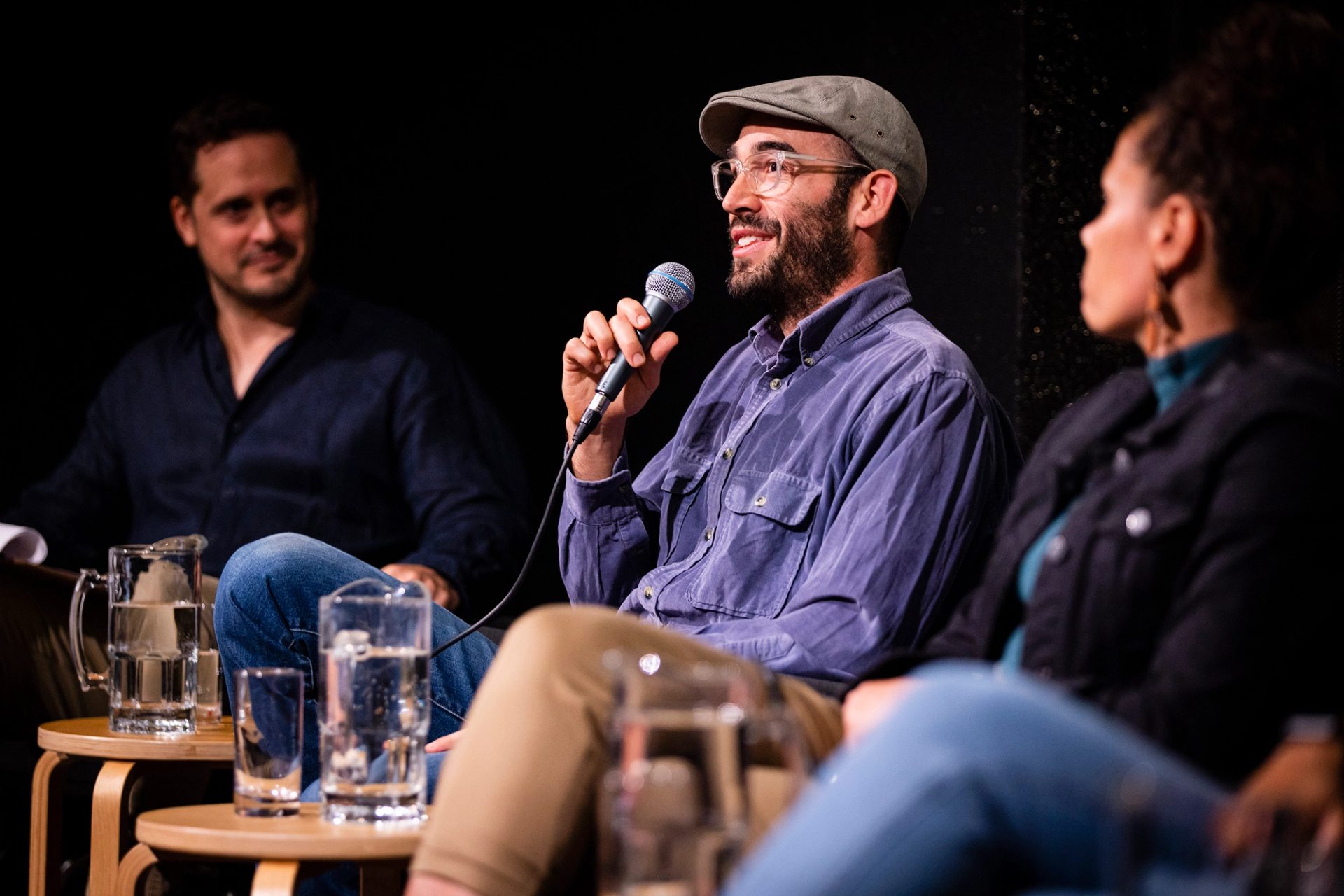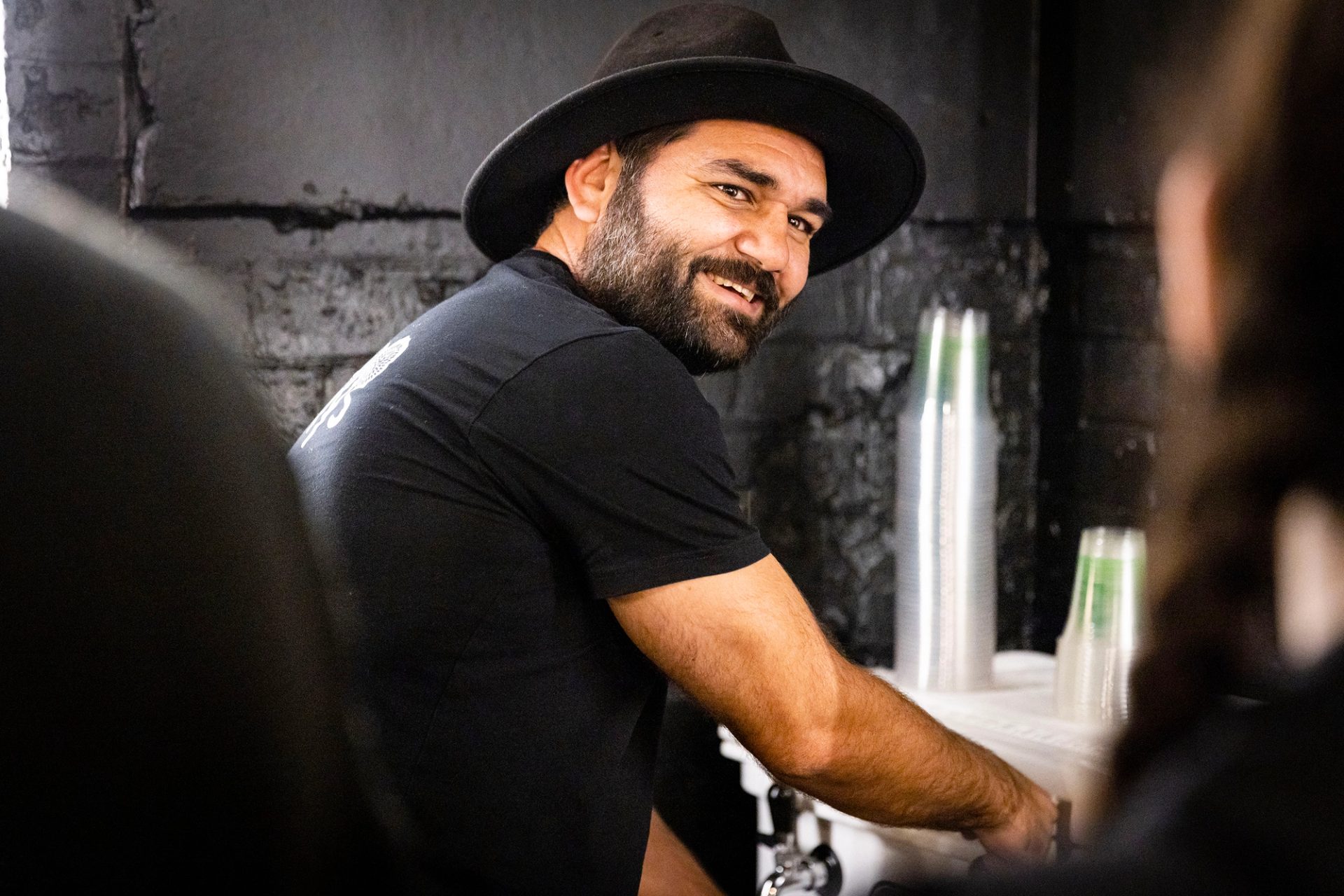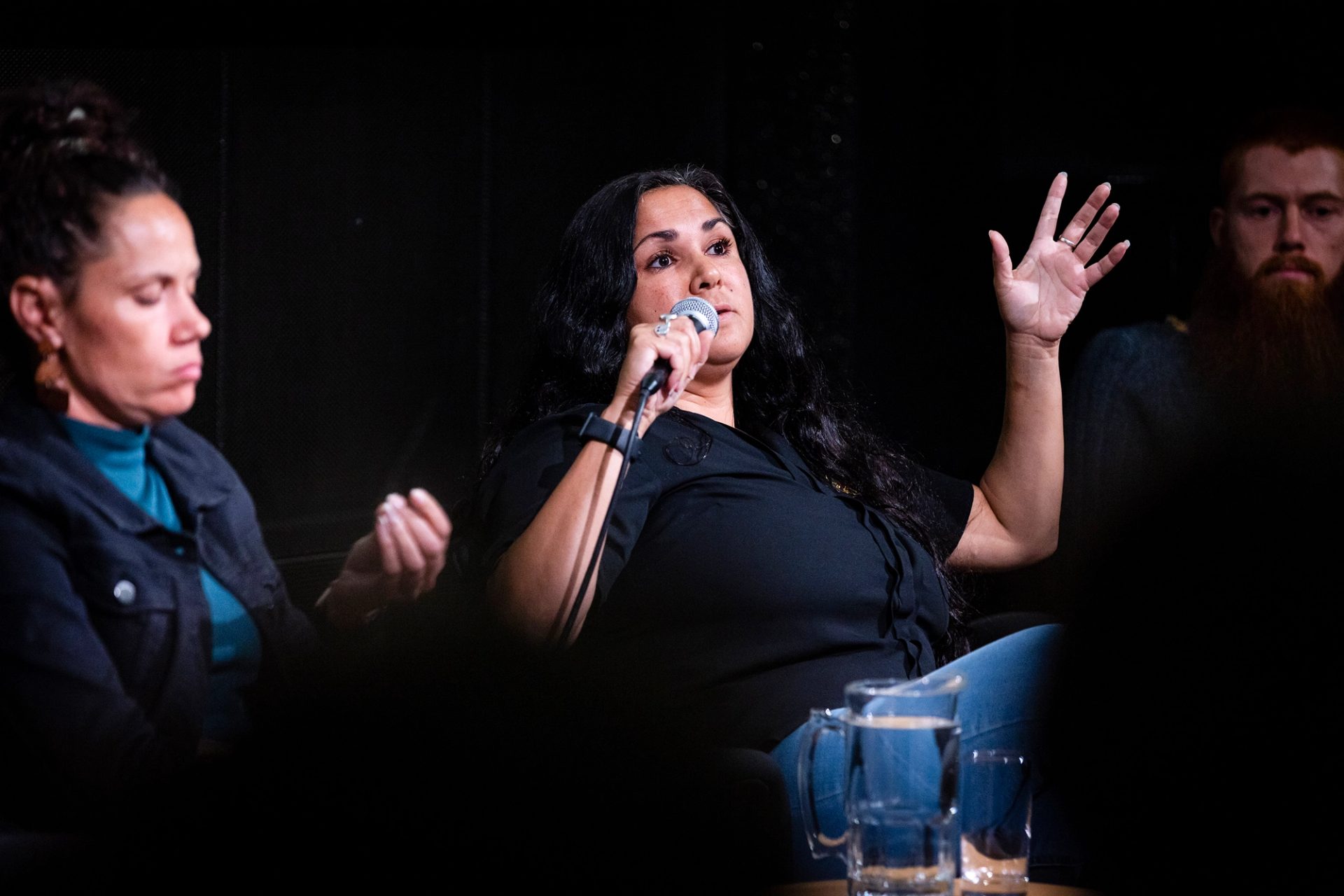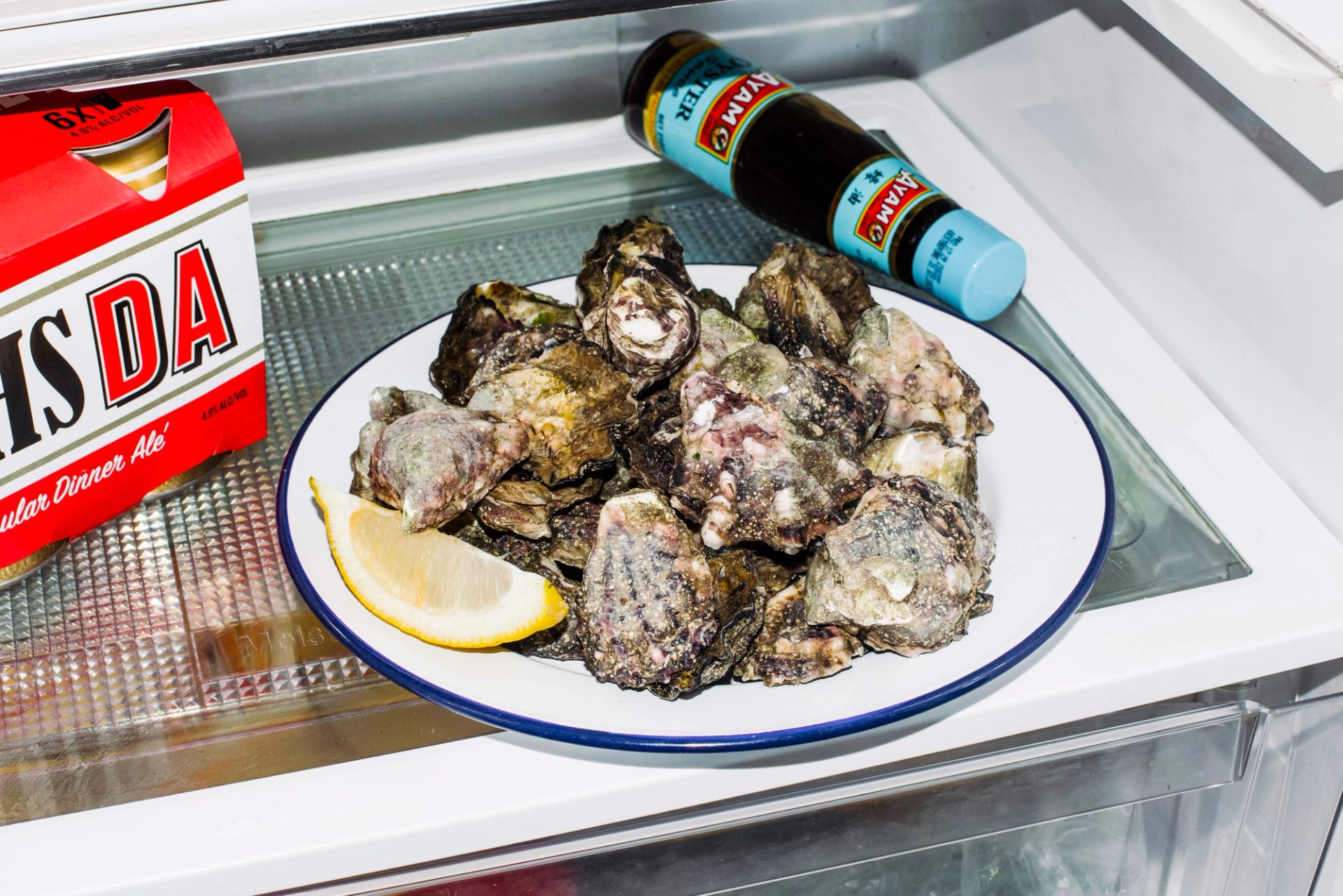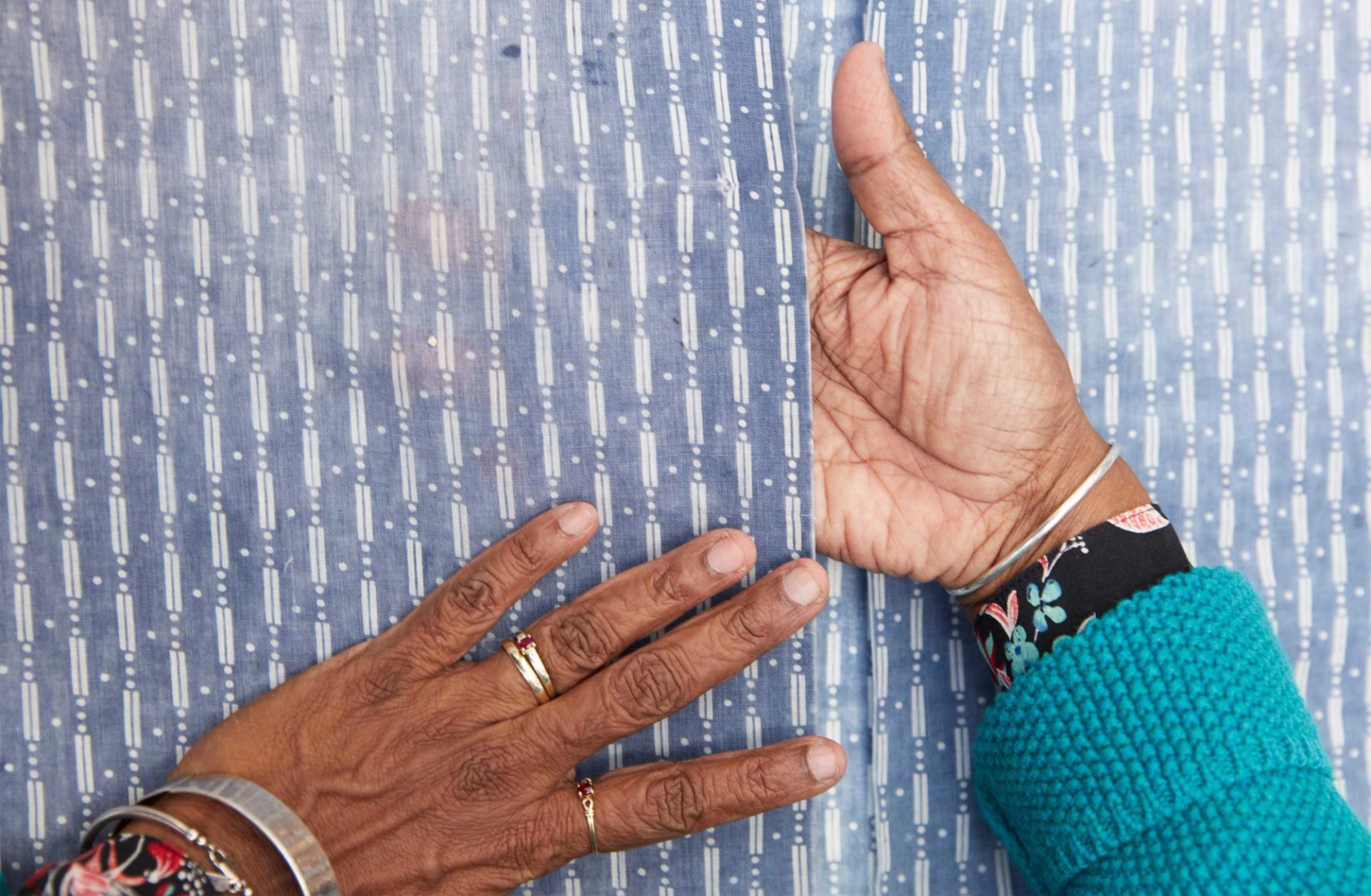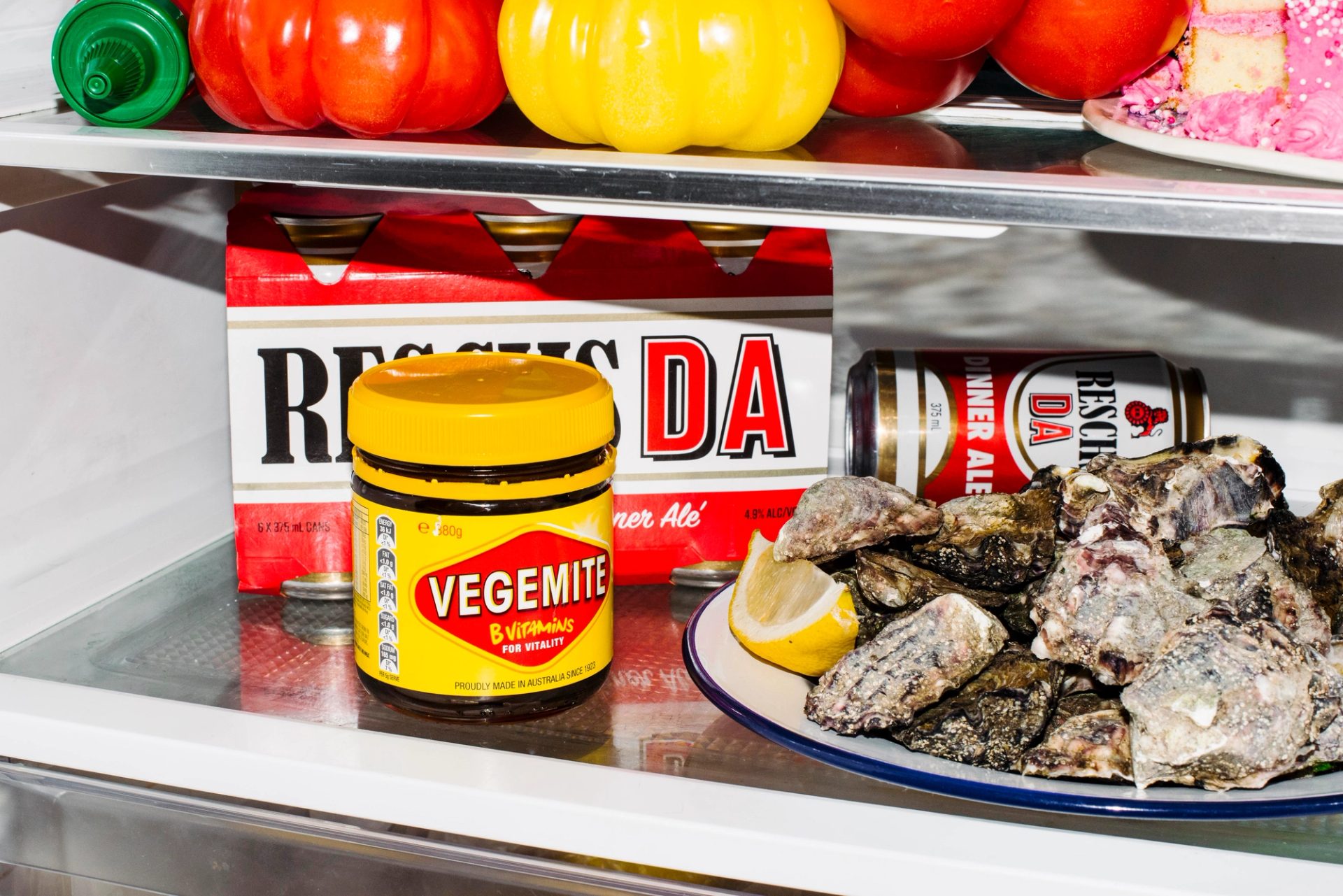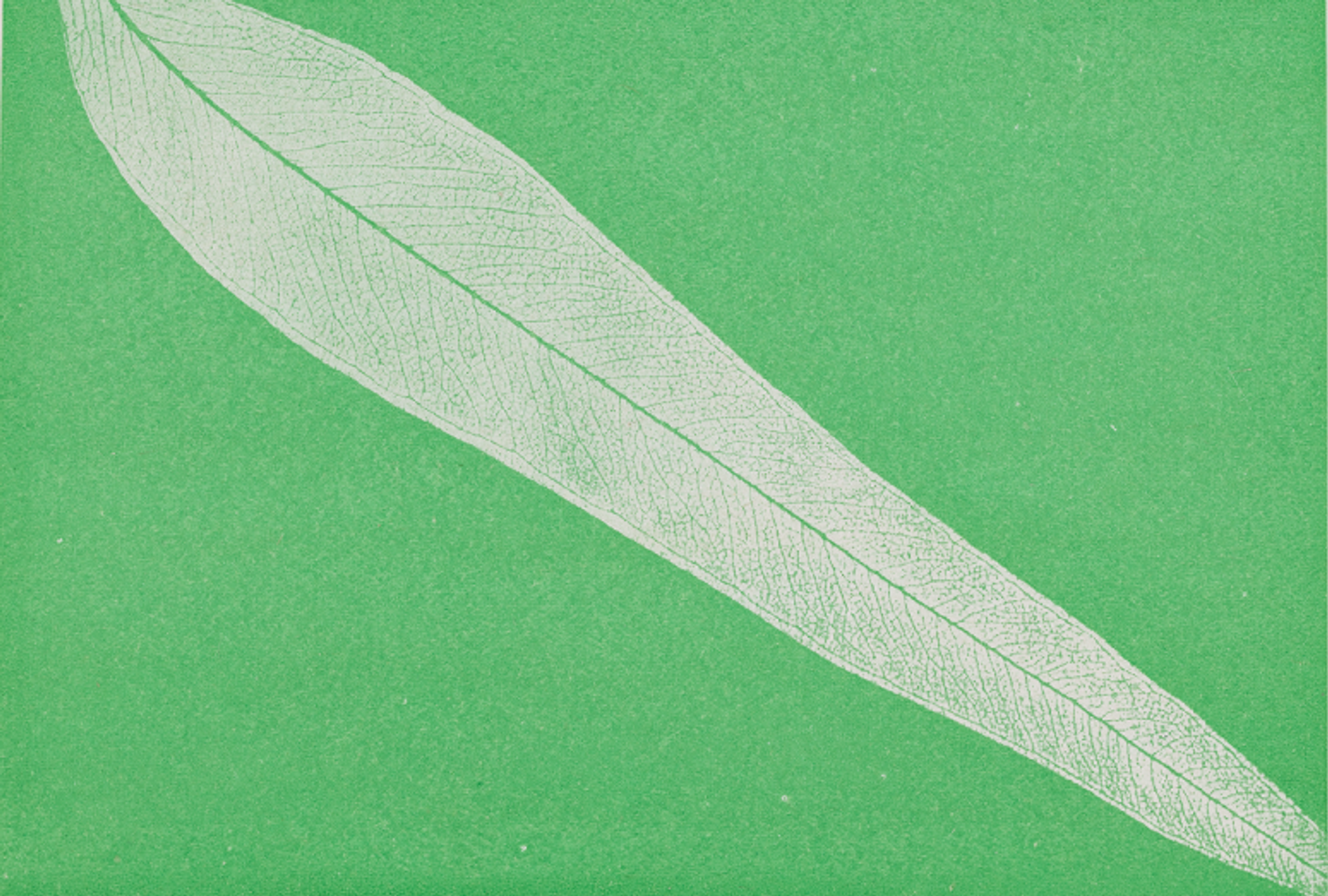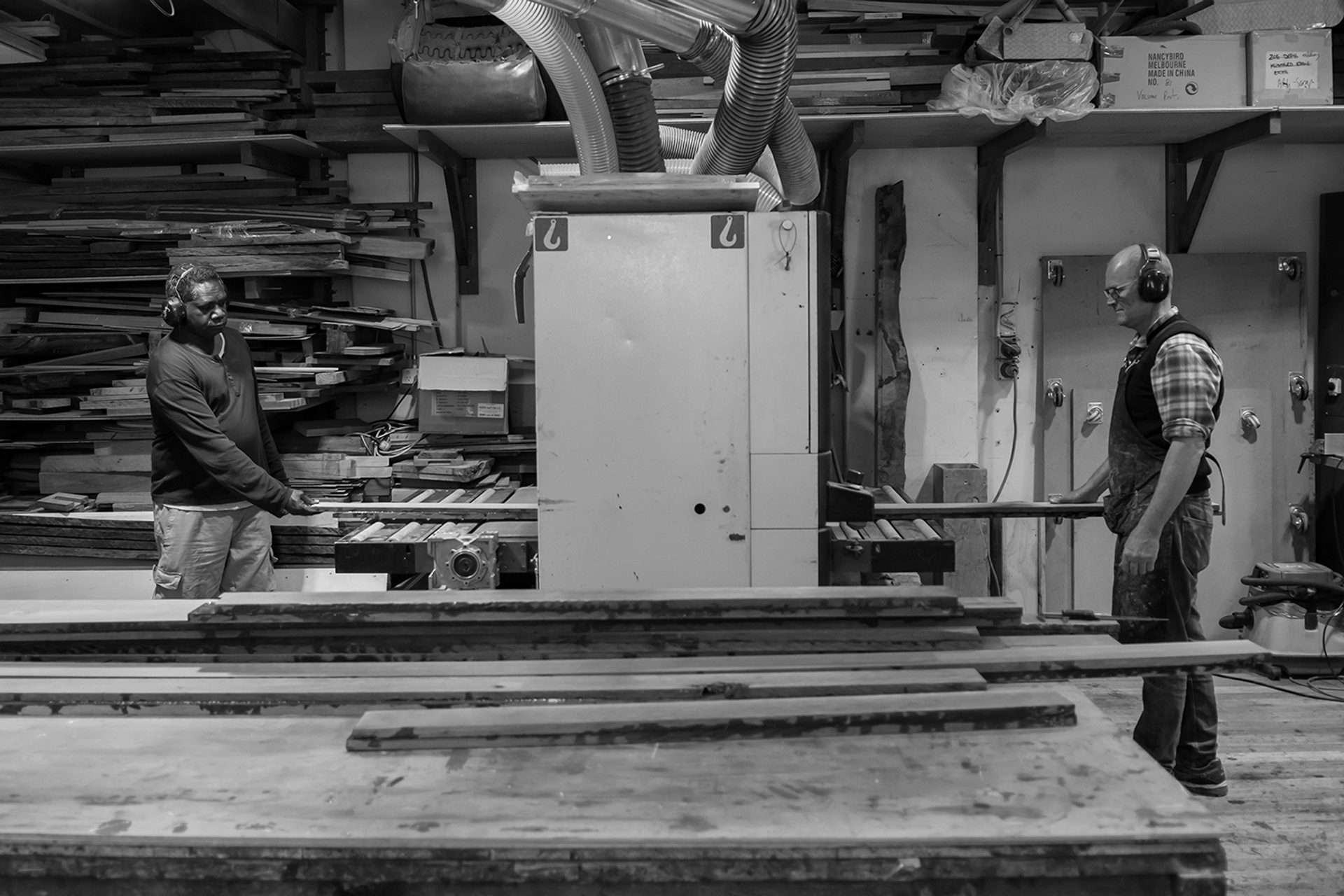Food Sovereignty

‘Non-Indigenous people have a huge role to play... everything that we do on this country, everything is as a result of the dispossession and the colonisation that has happened. So, we have a huge role to play in [righting that wrong] and participating in reparations. And one way we can do it in terms of native food is eating more native food. Making sure we're buying it from First Nations people. Thinking about the whole supply chain when we're buying that food...’
Native Foodways is a First Nations led social enterprise collaborating with people from all communities across Australia with a focus on strengthening the native food system in a way that is regenerative, culturally respectful and benefits First Peoples. On 26 March, Native Foodways curated an evening at the Powerhouse which involved conversations around collaborative problem-solving toward First Nations Food Sovereignty.
Powerhouse Late: Food Sovereignty celebrated First Nations participation in the food industry, spotlighting the work of Native Foodways, Waminda (Blak Cede), Native Botanical Brewery and Winderong Farm.
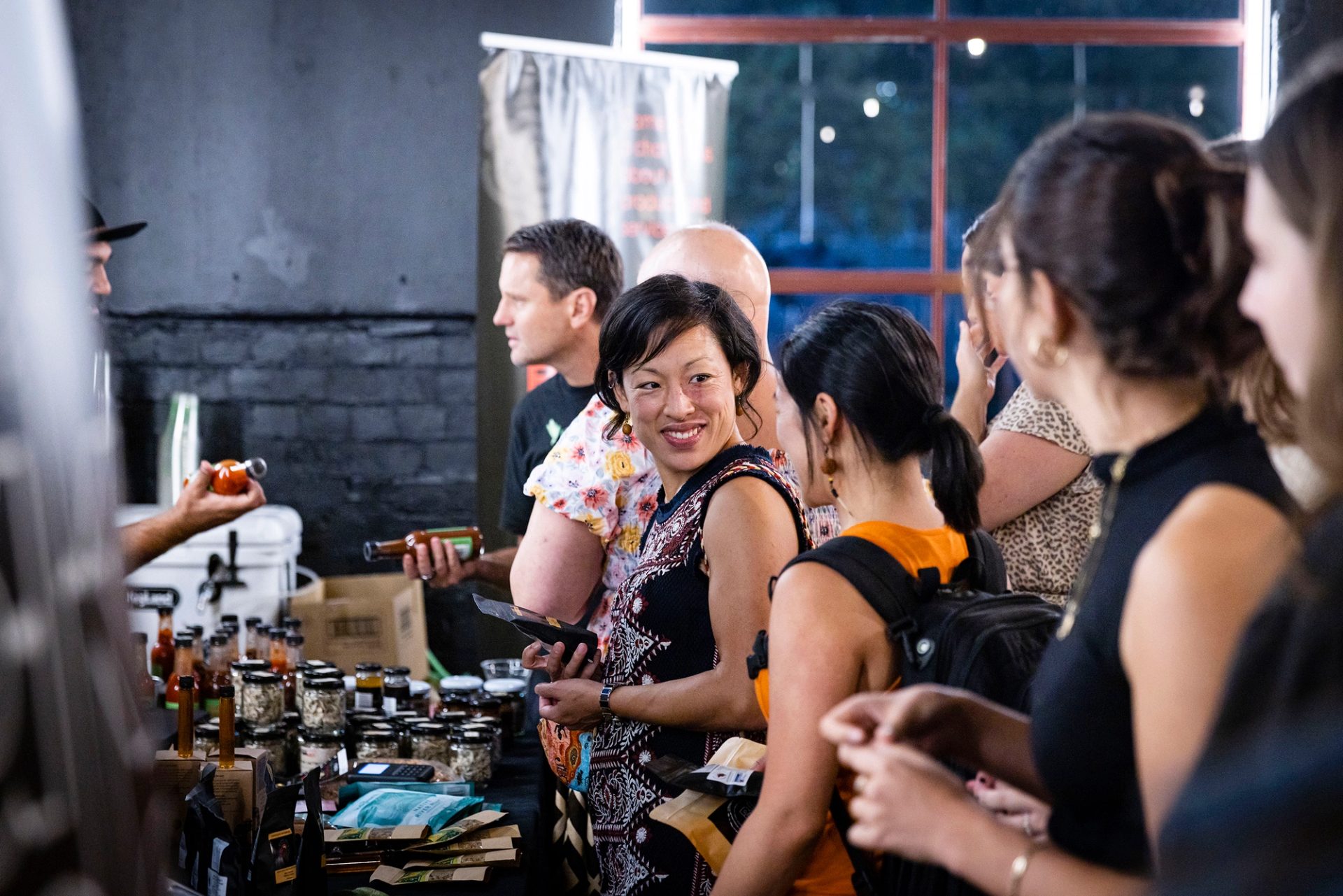
The curation involved a retrospective interrogation of the Powerhouse collection and identified problematic collecting and curatorial practices such as the works of early Museum curator, Joseph Henry Maiden (1859–1925). J.H. Maiden was a botanist, collecting many organic specimens endemic to New South Wales and greater Australia. Maiden became curator of the Technological Museum, Sydney in 1880. During his tenure, Maiden was involved in an exhibition titled ‘’ which received international recognition including an award in 1893.
